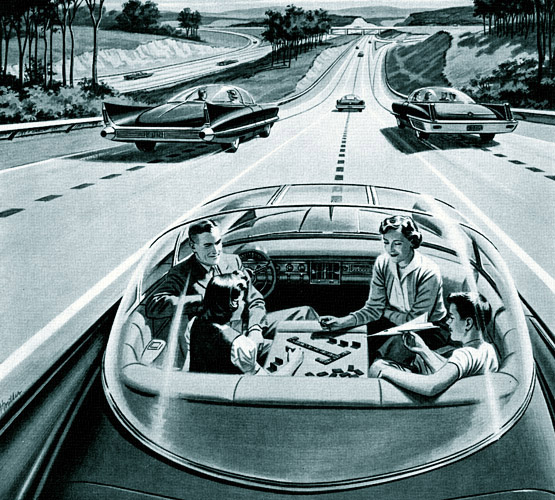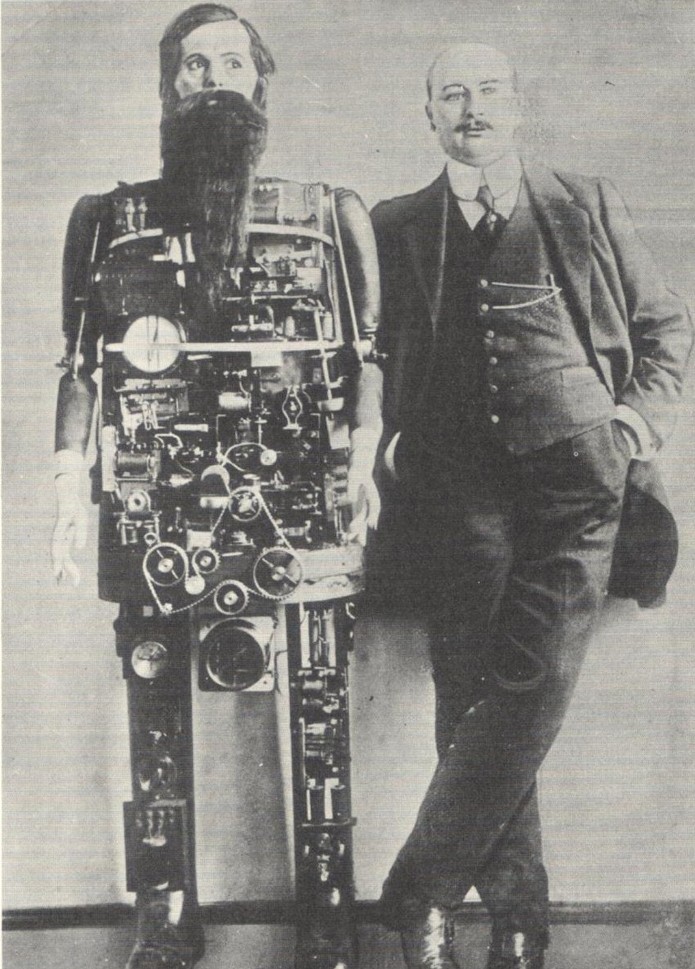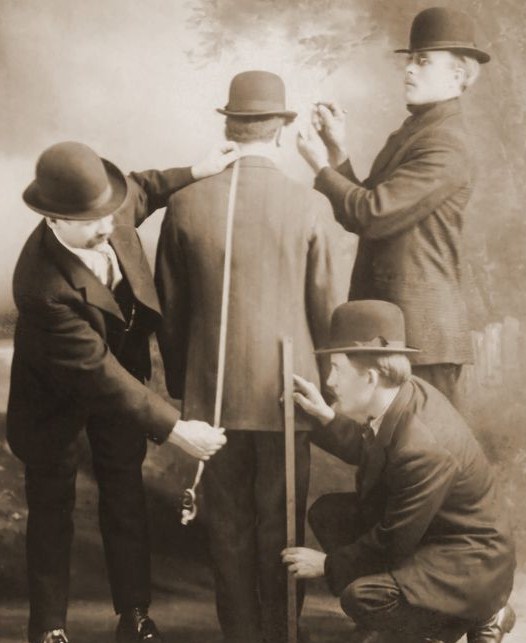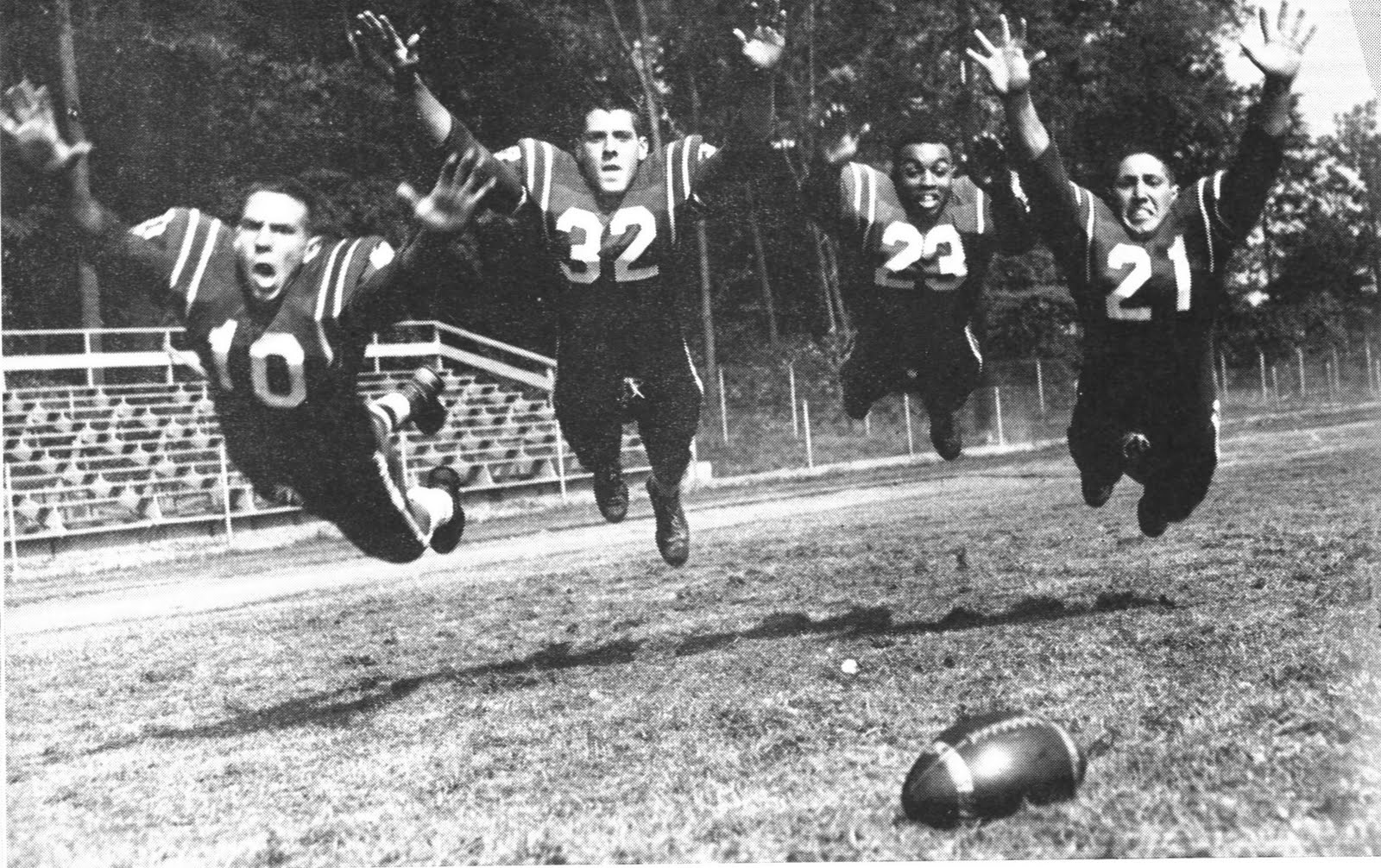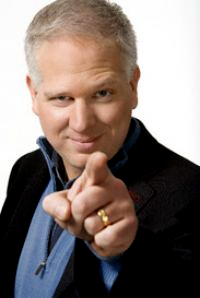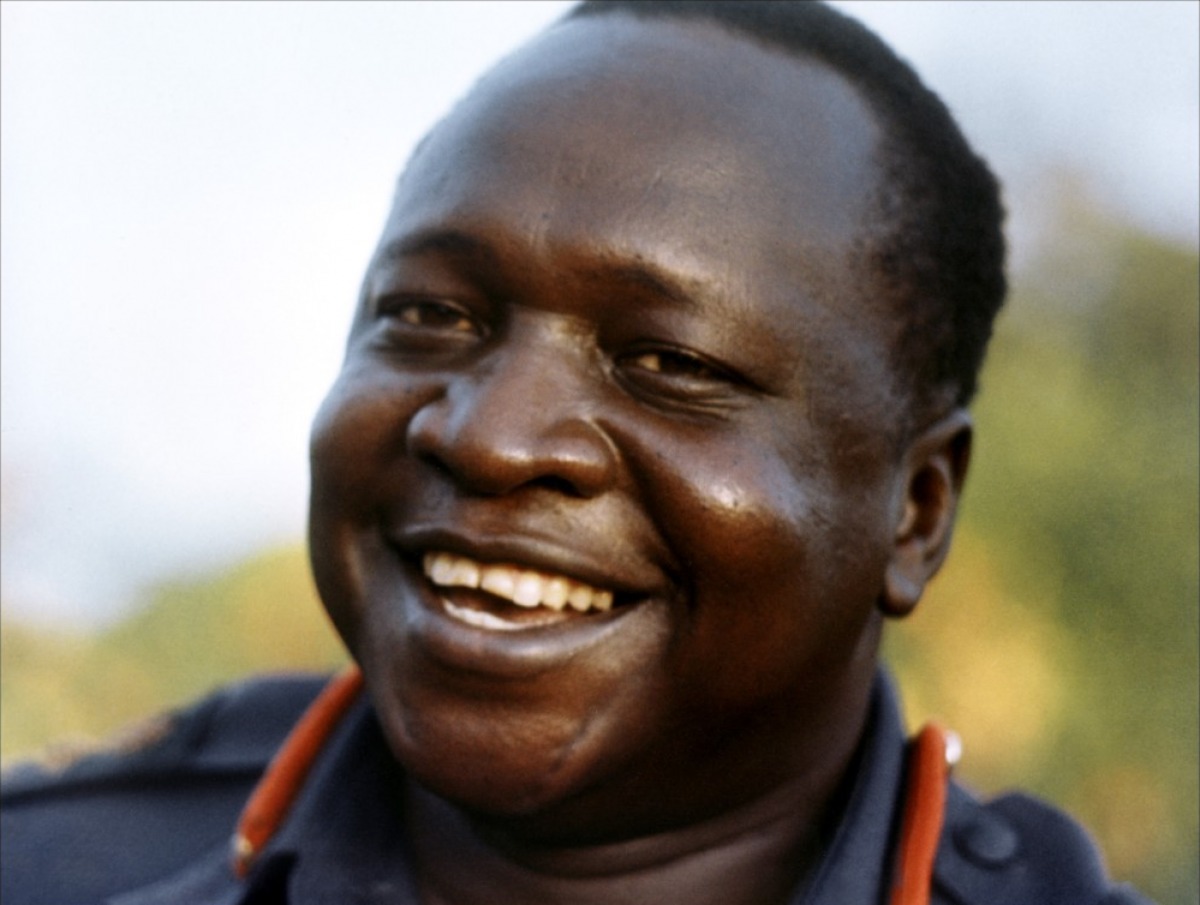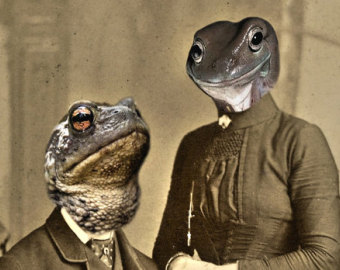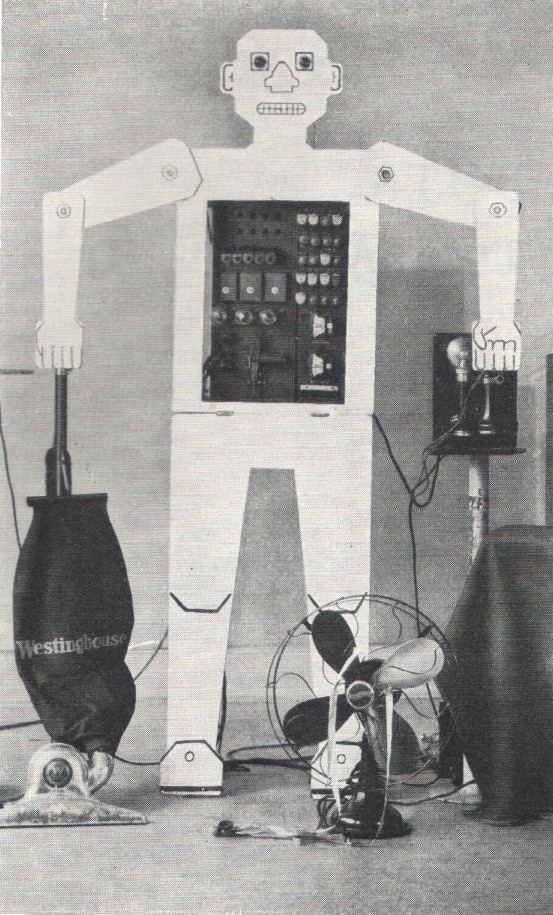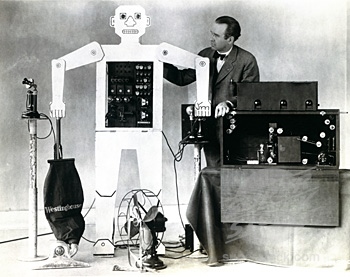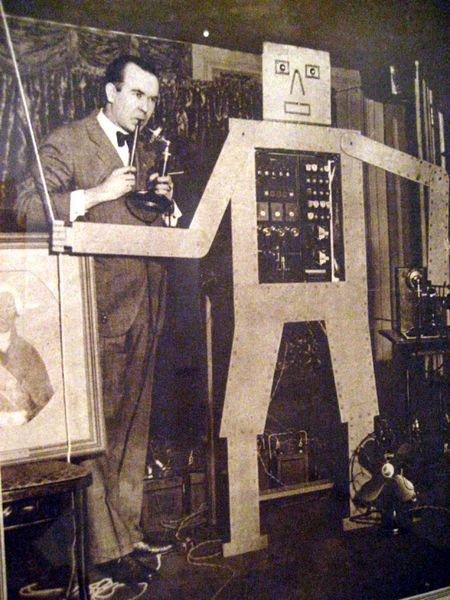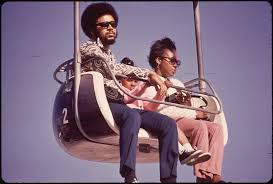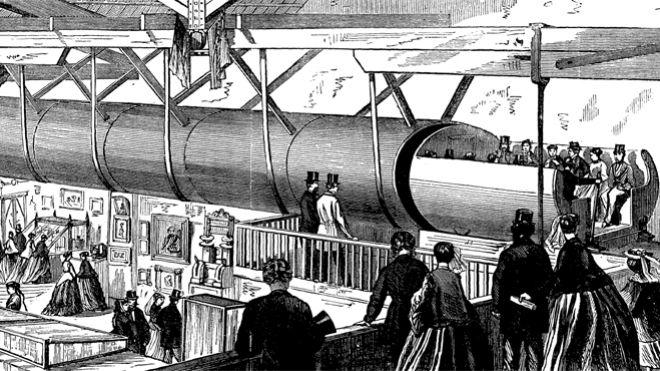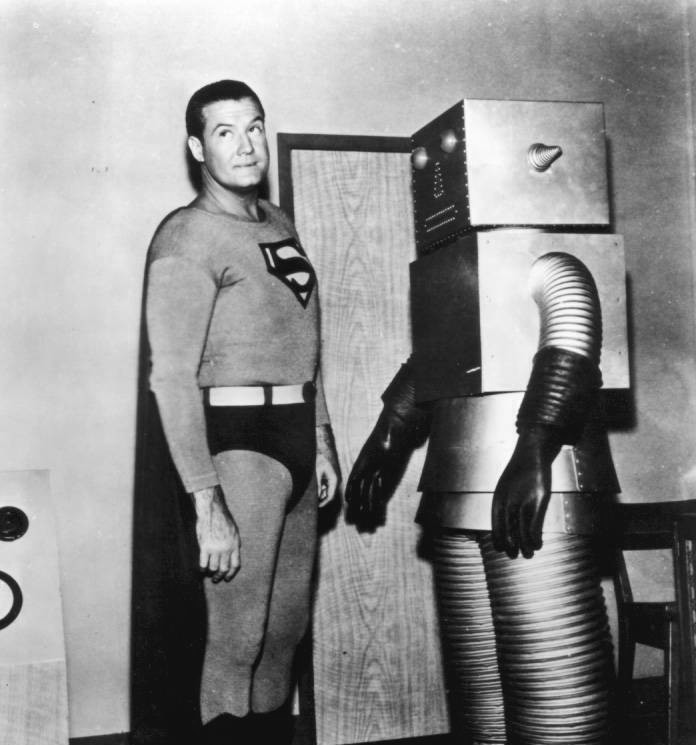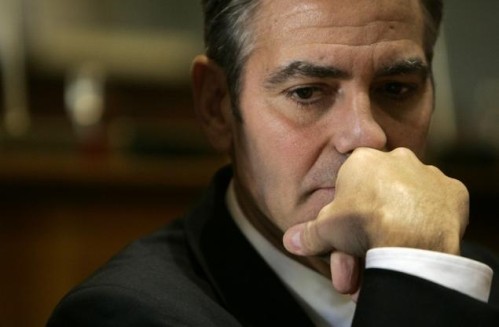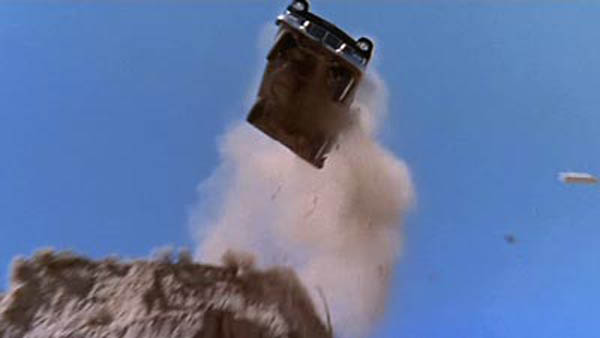
I think there are some people so awful that they deserve to die for the things they’ve done, but it’s still impossible to support the death penalty and its arbitrariness. In America, someone with wealth will never face execution, while the poor are prone. African-Americans are much more likely to suffer the ultimate consequences for a crime than white people who’ve committed the same. Males are much more likely to die than females. And because of prejudice and incompetence, the wrong people are sometimes put to death, which is the most sickening abomination.
And those who have to carry out the killing of the condemned are no doubt scarred by the process. In “The Witness,” Pamela Colloff’s Texas Monthly feature, she profiles former Texas Department of Criminal Justice Public Information Director Michelle Lyons, whose job it was to record the final moments of executed prisoners, an occupation that unsurprisingly came with hazards. An excerpt:
“Michelle already had a sense of what to expect. Fifteen months earlier, while covering for an absent colleague, she had entered the Death House for the first time to witness the execution of a convicted murderer named Javier Cruz. Years later, she would remember very little about it—only that she had dressed more formally than usual and that she had been unsure, at the outset, how she would feel when it was all over. The facts of Cruz’s case did not engender much sympathy: he had murdered two San Antonio men, one of whom he had gagged and bound, beaten with a hammer, and then strangled with the belt of a bathrobe. Michelle had found that watching Cruz slip into unconsciousness did not evoke any powerful emotions; she had scribbled in her yellow legal pad, typed up her story, and gone home. Covering executions was certainly no worse, she decided, than being a war correspondent or any other journalist who sees suffering up close; in fact, the cold efficiency of lethal injection made hers the easier job. When her father called her into his office the next day to check on her, she told him she was fine. As she saw it, her duty as a journalist was to be dispassionate.
In the first year that Michelle served as the Item’s prison reporter, Texas executed forty inmates—the most people put to death in a single year, by one state, in American history. Governor Bush also happened to be making a run for the White House. This confluence of events caused hundreds of journalists to descend on Huntsville in the months leading up to the 2000 presidential election, mostly to issue withering assessments. On the night that Billy George Hughes, a man who had fatally shot a state trooper, was put to death, a TV show hosted by filmmaker-provocateur Michael Moore arranged for a pom-pom-waving cheerleading squad to stand outside the Walls and chant, ‘Texas, Texas, you’re so great, you kill more than any state!’ beside an illuminated execution scoreboard that read ‘George 117, Jeb 2.’ Rolling Stone published a blistering takedown of Huntsville in a piece called ‘Five Executions and a Barbecue.’ The media glare was relentless, transforming one execution that June—of an obscure Houston street criminal named Gary Graham, whose murder conviction had turned on the word of a single eyewitness—into an international cause célèbre. Riot police armed with tear gas stood outside the Walls on the night of his death while hooded Klansmen and rifle-toting members of the New Black Panther Party played to the cameras. At Graham’s invitation, the Reverend Jesse Jackson and Bianca Jagger served as witnesses.
During this time, Michelle kept a journal in which she recorded her own personal observations of the executions she witnessed, which had no place in the straightforward accounts she wrote for the Item. Rarely did she mention the media spectacle outside. Instead she cataloged the disquieting details that she noticed as she watched a succession of inmates be put to death. There was Betty Lou Beets, the second woman to be executed in Texas since the Civil War, who had shot not one but two of her husbands and buried them in her yard. (‘I couldn’t help but notice her tiny little feet,’ Michelle wrote. ‘She looked like somebody’s grandma—she was somebody’s grandma.’) There was Ponchai Wilkerson, who had once nearly managed to break out of death row, who stunned onlookers when he spit out a handcuff key as he lay on the gurney. (‘I felt sick,’ Michelle wrote the next day. ‘For a few seconds I had the crazy thought, ‘He’s going to get off that table and kill us.’ ’) And there was Robert Earl Carter, who had murdered six people, including his four-year-old son, and falsely implicated his friend Anthony Graves in the crime. (‘His last words were, ‘It was me and me alone. Anthony Graves had nothing to do with it,’ ’ Michelle wrote.) Carter’s admission on the gurney would later help exonerate his co-defendant, who was, at the time, awaiting his own execution date.
Throughout her journal, she made mention of the anguish felt by both the inmates’ and victims’ families, who stood in witness rooms adjacent to each other, looking into the death chamber.”


